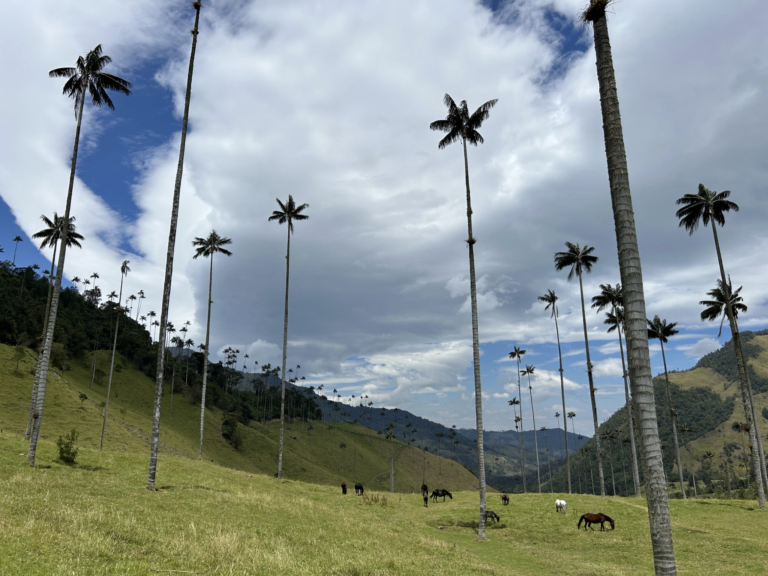Climate activism and public intervention in the ecosocial crisis
Irene Ortiz, UAM
2024
Human beings do not depend on the environment just because they are part of an ecosystem, but above all because, as the structure of a system, their stability and homeostasis also depend on it to such an extent that, if both are lost, their very existence is endangered. Awareness of the ecosocial crisis and its planetary level has allowed social movements focused on the climate crisis to gain more and more space in the public debate. In this regard, we should note a particular characteristic of these movements demanding that governments take action to address the crisis and adopt a just transition: they are supranational movements that transcend national borders. Since the ecosocial crisis is a planetary problem, the response of climate activism cannot be confined within national boundaries. In this sense, climate activism goes further, stressing not only the need for a just transition for all the Earth’s inhabitants, but also for all those of future generations –in terms of intergenerational justice.
Thus, the internet and social networks play a determining role for the supranational development of the environmental movement: these spaces offer the possibility of building a decentralized movement in which to share the experience of struggles happening in different parts of the world. Since 2018 with the school climate strike initiated by Greta Thunberg, which after the Swedish elections continued to protest every Friday, giving rise to the Fridays for Future movement, environmental movements, especially those composed of young people, have not ceased to multiply in all countries. In December 2018, more than 20,000 students participated in more than 270 cities around the world in a school strike for the climate. That same year, in October, the Extinction Rebellion movement is founded in England. This movement was born with three demands:
- Governments must tell the truth by declaring a climate and ecological emergency, working with other institutions to communicate the urgency for change.
- Governments must act now to halt biodiversity loss and reduce greenhouse gas emissions to net zero by 2025.
- Governments must create and be led by the decisions of a Citizens’ Assembly on climate and ecological justice
Their website recognizes, among the ten guidelines included in their values, the importance of promoting autonomy and decentralization (as it appears in number 10). It is a matter, as the collective insists, of creating the necessary structures to challenge power. Thus, once again, the objectives of autonomy and decentralization reiterate the importance for the environmental movement of postulating itself as a supranational movement that can respond to the planetary challenge of the ecosocial crisis. In this sense, the public participation of the environmental movement is perfectly consistent with its aims: to act locally, but not individually.
Another aspect that stands out in the environmental movements, and which is evident in the latest demand of the XR movement, is the centrality of taking citizens into account when making decisions affecting public policies aimed in one way or another to address the ecosocial crisis. In this sense, the demand for the creation of Citizens’ Climate Assemblies (as has already been done in other countries such as Chile, England or Scotland) makes it possible to distribute knowledge about the ecosocial crisis in a democratic way among the population, as well as to take their considerations into account when applying public policies. Citizens’ Assemblies are, therefore, exercises of deliberative democracy that allow citizens to access knowledge that, in representative democracies, is often reserved for experts and politicians. However, it is not only a matter of facilitating access to knowledge in a more democratic way at all levels of society, but also of allowing a greater number of citizens to participate in the decisions that affect their lives. In short, we could say that Citizen Assemblies are characterized by three moments: learning, deliberation and decision-making.
Finally, we must account for the impact of the global movement for climate activism: the displacement of the Overton window and the agenda setting. At a time when we cannot doubt the importance of responding to the ecosocial crisis, climate activism has managed to put climate-related policy measures at the center of public discussion. Thus, the political and media agenda has had to take up the public’s demand for information and action on the ecosocial crisis. As Chidi Oti Obihara of Extinction Rebellion has pointed out, the fact that more and more politicians feel the need to explain what their agenda is regarding the ecosocial crisis, as well as the fact that companies are taking into account the implementation of measures to combat climate change (even when it can so often fall back on the well-known greenwashing) is a sign of how the Overton window has shifted and placed the ecosocial crisis at the center of public debate.

Further readings and resources:
Chidi Oti Obihara intervention in Parliament Square 2023 Extinction Rebellion: https://www.youtube.com/watch?v=XRqJc7P6HF4&t=333s
Extinction Rebellion website: https://rebellion.global
Mackay, C., et al., (2021) Connection to nature and environmental activism: Politicized environmental identity mediates a relationship between identification with nature and observed environmental activist behavior, Current Research in Ecological and Social Psychology, Volume 2.
